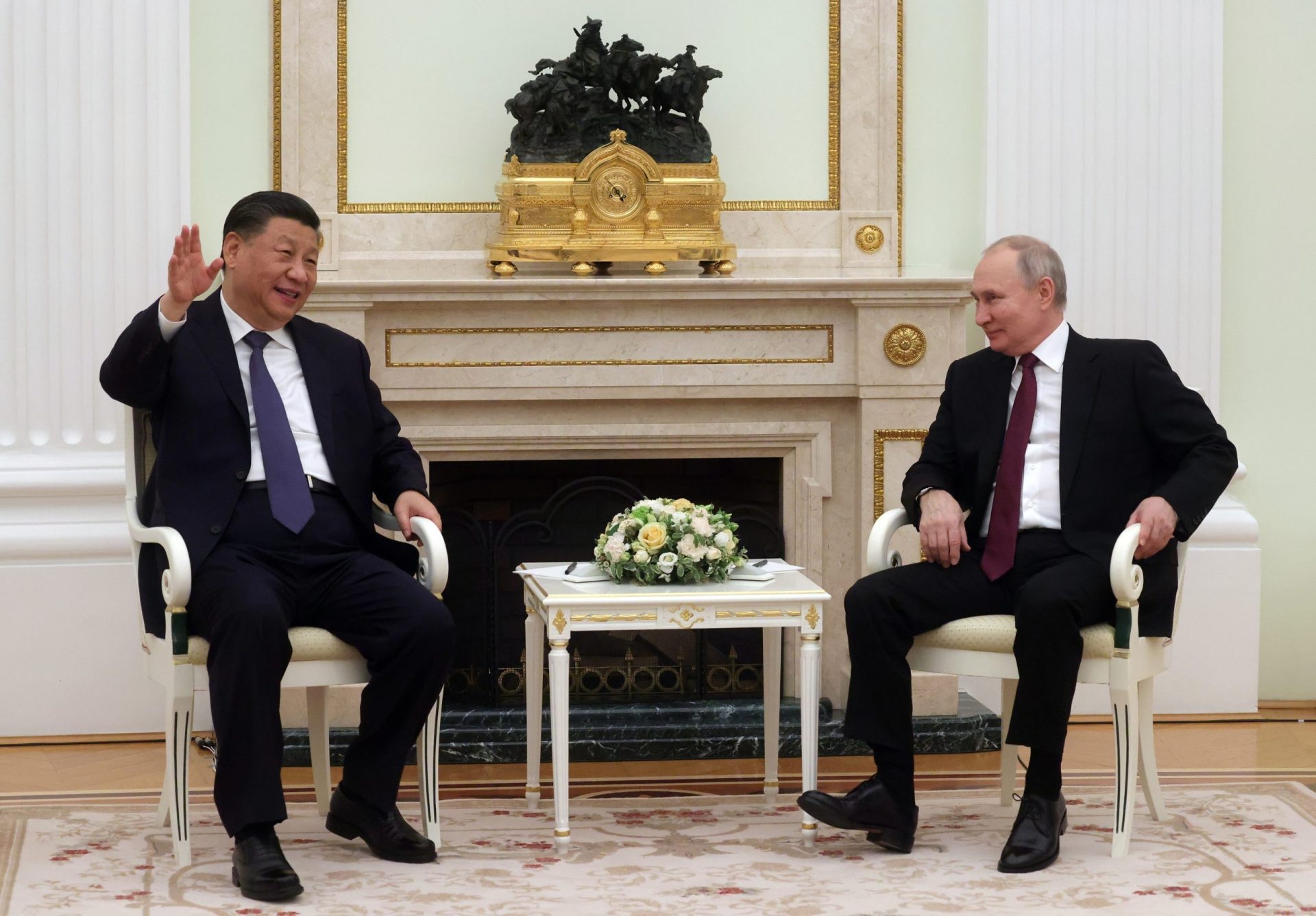|
Only have a minute? Listen instead
Getting your Trinity Audio player ready...
|

While most Americans have been focused on Donald Trump’s indictments and Greg Abbott’s border buoys, another development has received scant attention. In recent weeks, Cuba has been building new relationships with old allies that have started reasserting themselves, and in violent ways.
Russia, which is waging a war to recapture its former breadbasket republic of Ukraine, has been giving a lot of attention to its old Latin American friend. In June Russian officials visited the island and forged an agreement through which Russia will buy and develop thousands of hectares of agricultural land in Cuba. The deal also includes other development, including a Russian hotel and shopping mall, oil and gas supplies to Cuba, modernization of its industrial complexes, armaments for its military and police, and commercial flights to and from eight Cuban airports.
The Miami Herald, citing an unnamed participant in talks held in Havana, says that once Ukraine has been dominated, Russia will turn its attention to taking control of the Caribbean region.
In mid-July, the Russian naval ship Perekop docked in Havana for several days, ostensibly on a goodwill visit.
Previously, Russia’s security forces chief Nikolai Patrushev visited Cuba in February, after which he made public statements condemning the United States, saying this country “is trying to create a global colonial empire where only the voice of the West will be heard,” accusing it of “political suppression and military blackmail, financial enslavement and aggressive propaganda.”
It’s the kind of talk many countries have used to justify aggressive behavior.
Meanwhile, China, much like the United States did during the 20th century, has started building military bases in friendly countries around the world — including Cuba. The communist country has conducted troop exercises on the island and in June, in response to a Wall Street Journal report of Chinese spy bases in Cuba, President Biden acknowledged that we’ve known of a Chinese spy station there since 2019.
During his second presidential term, and before Russia and China began reasserting themselves, Barack Obama sought to normalize relations with Cuba as an aging Castro was giving up power and influence. Then-Texas Gov. Rick Perry embraced the opportunities Obama’s efforts created, and went to the country looking to discuss possible trade and travel. Several business and economic development officials from the Rio Grande Valley accompanied Perry, hoping new connections could benefit both the island’s and the Valley’s economies.
Unfortunately, congressional Republicans fought Obama’s initiative and ended it when he left office.
We can only wonder: Did we miss a chance to ease hostilities with Cuba and enhance the security for the entire Western Hemisphere? Did the Valley lose the chance to build a trading line with a country that needs it just as much as we do, and lies just a short hop across the gulf for a Valley — or Russian missile?
So if we start seeing new activity at the Russian bases President Kennedy showed us way back when, and Chinese balloons start drifting toward SpaceX, it would be fair to ask: What if?




